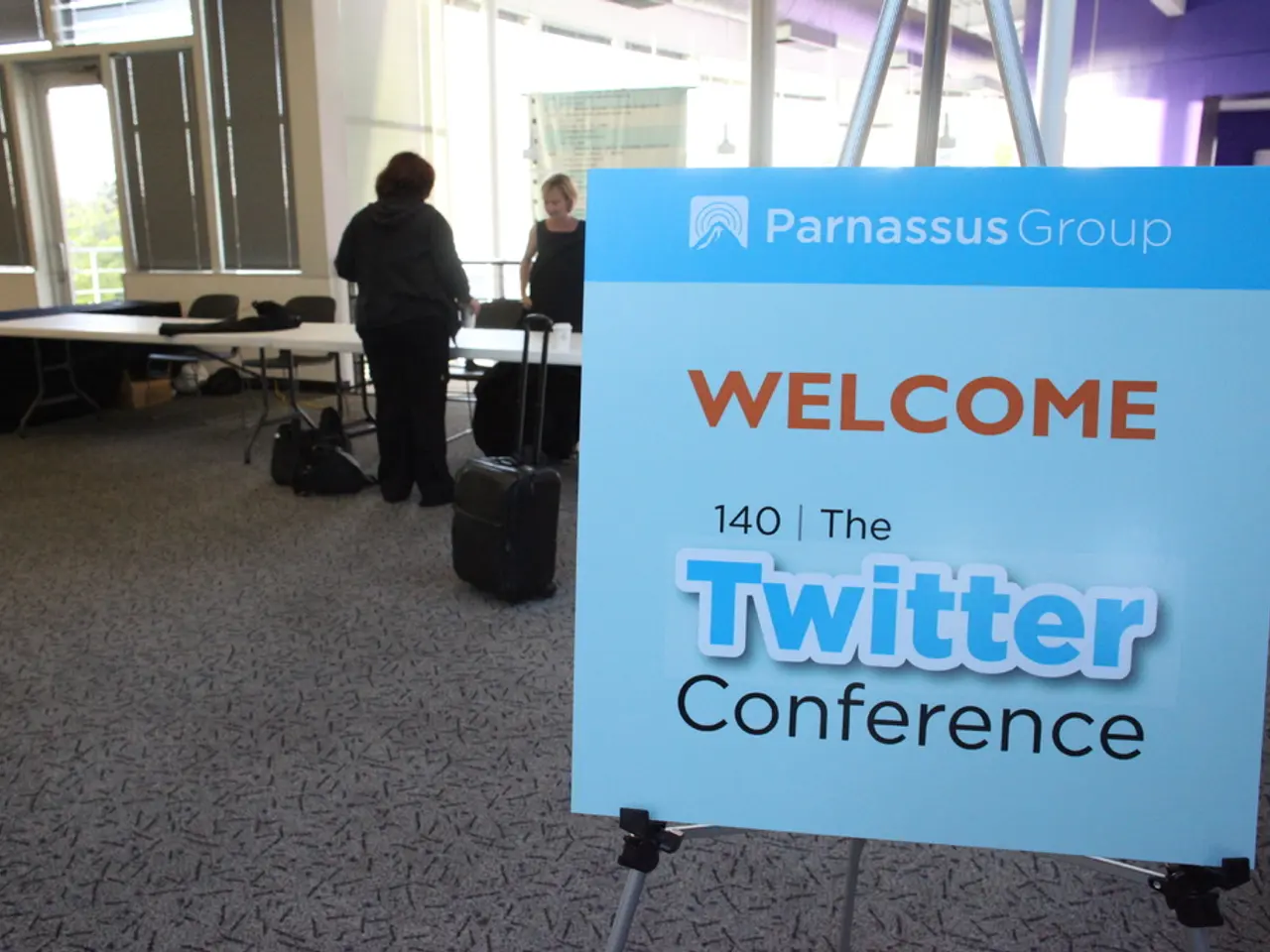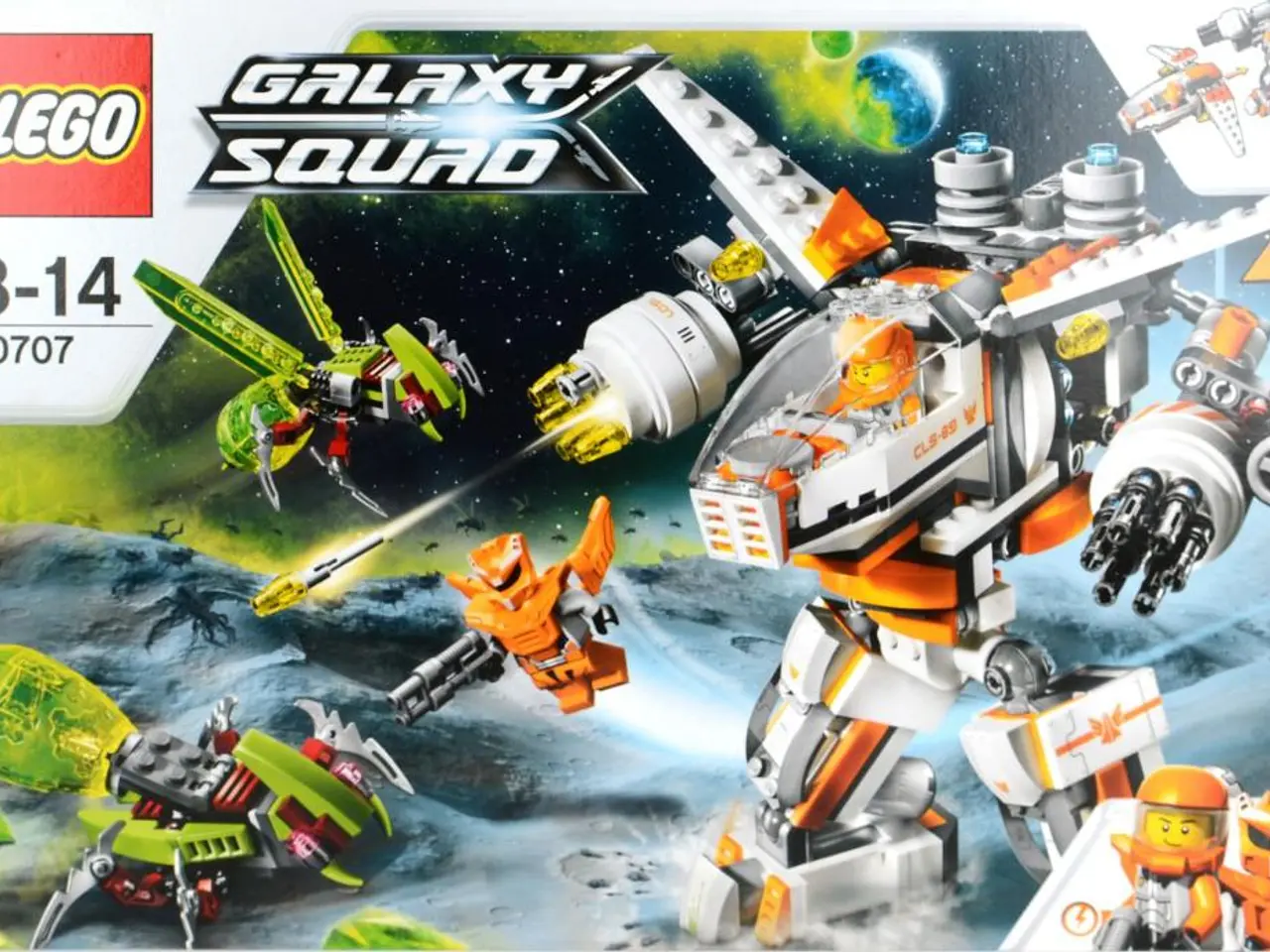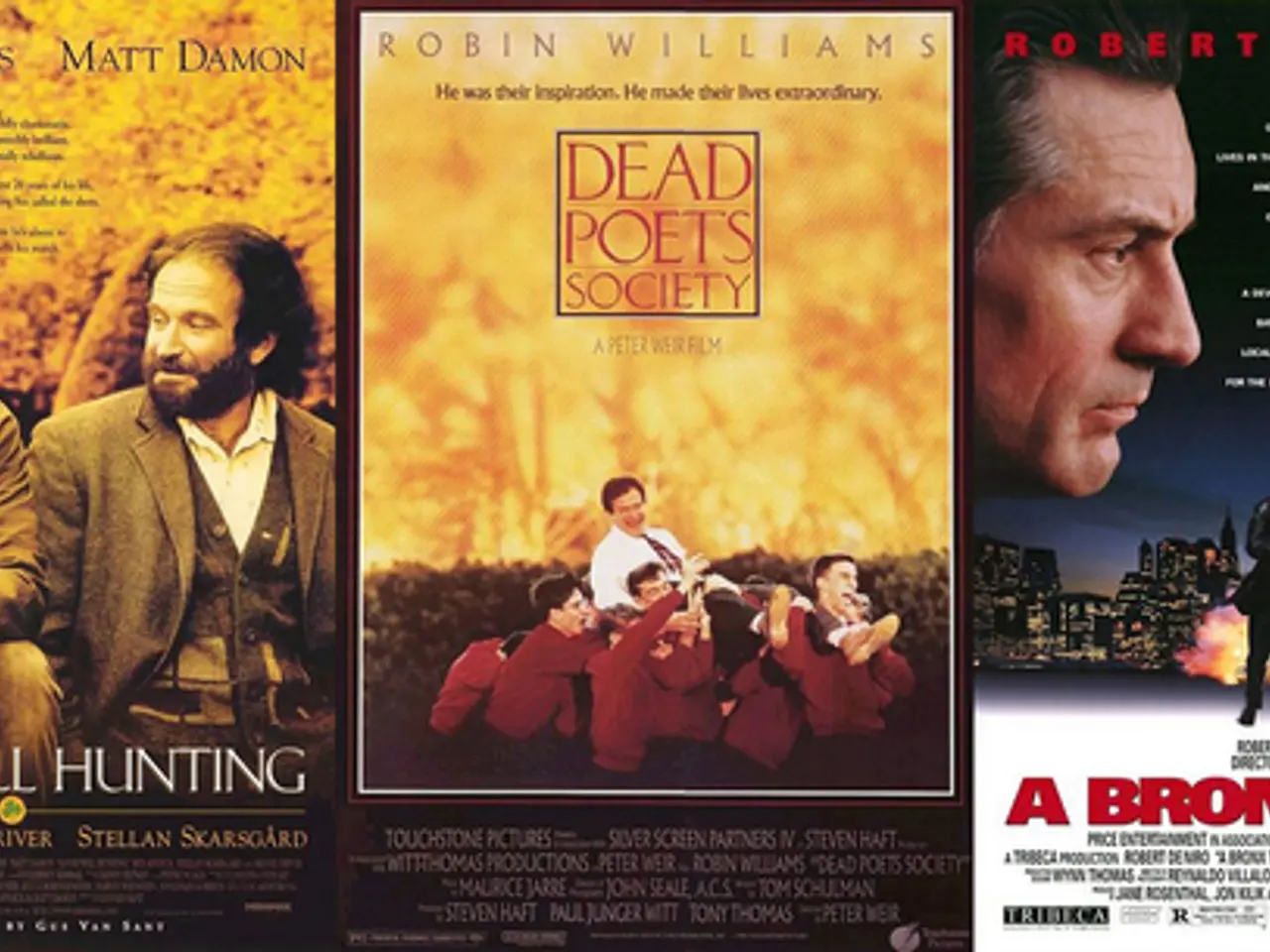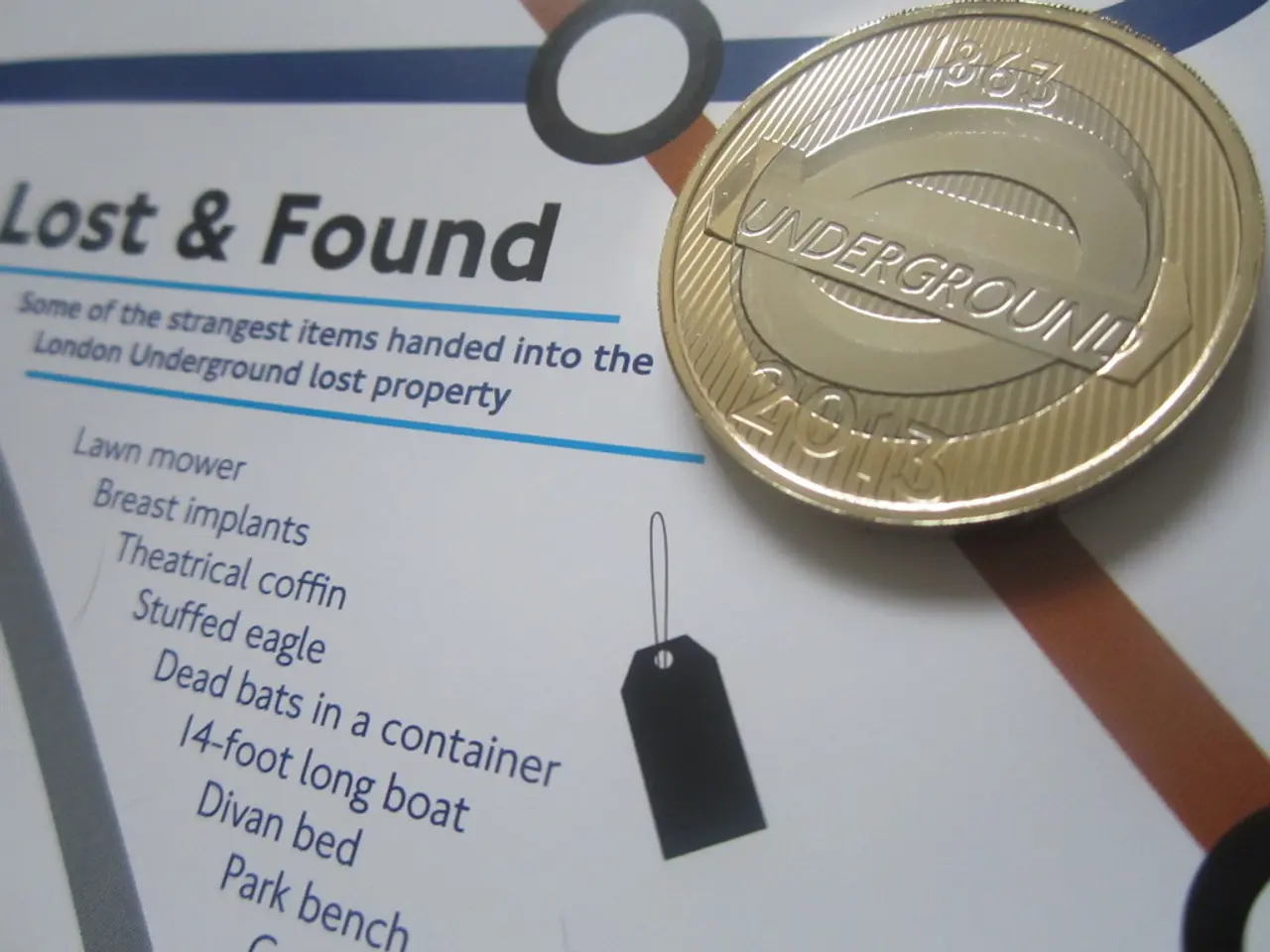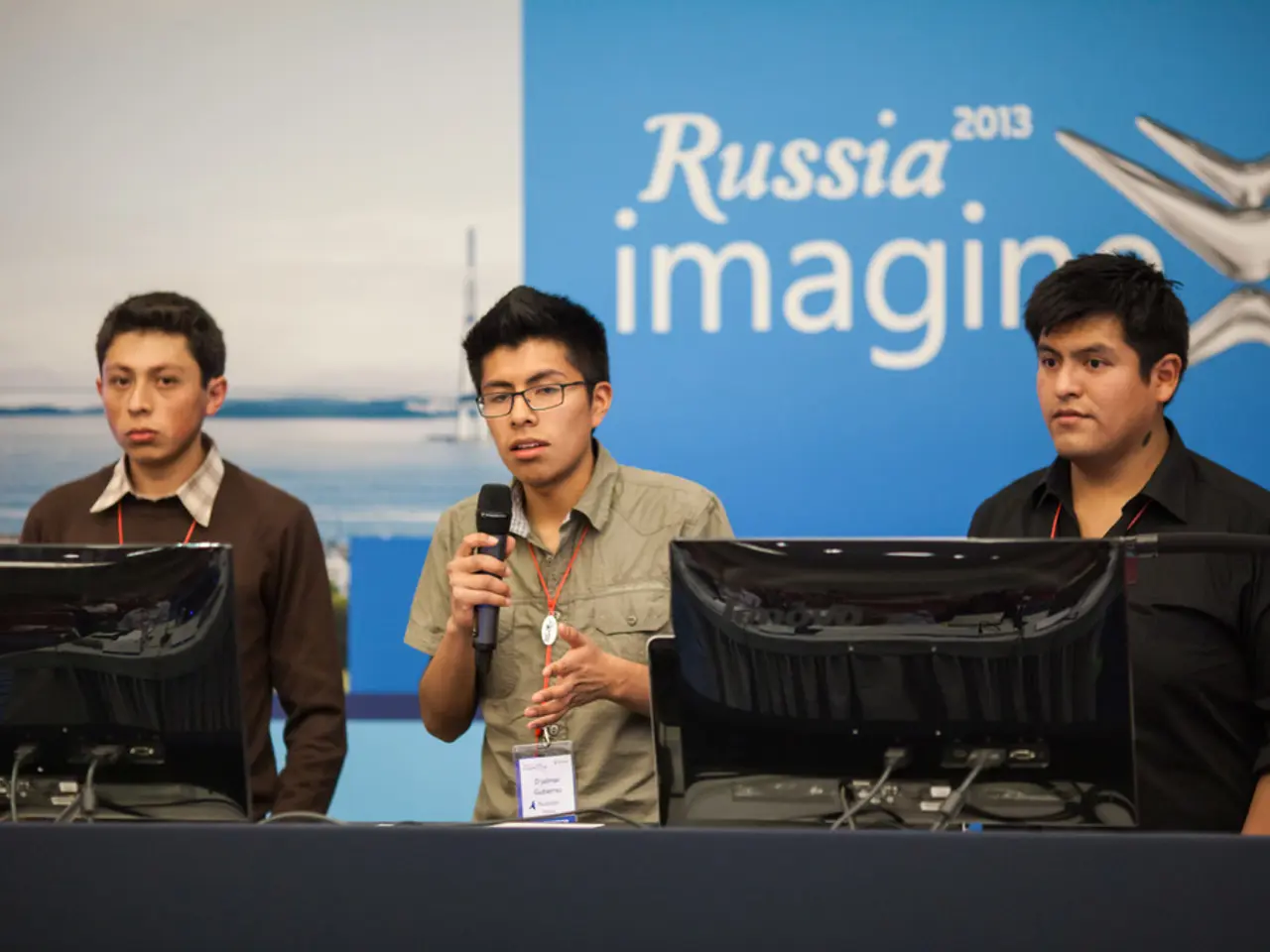High-ranking Nigerian political figures reach only 17 million consumers on social media platforms, as per a new study.
In a country with over 141.5 million internet users, the digital footprint of the Nigerian government is a subject of growing concern. A recent report has shed light on the uneven distribution of social media reach among government officials, with some ministers overseeing critical portfolios having minimal digital presence.
The report reveals that only five ministers, including President Bola Tinubu and Chief of Staff Femi Gbajabiamila, make up over 60% of the cabinet's entire social media reach. The imbalance is reflected in the fact that Twitter, with over 9.3 million followers from 51 ministers, is the most used and influential social media platform among the Nigerian cabinet. Facebook follows closely with 4.8 million followers from 45 ministers, and Instagram trails with 2.1 million from 46 ministries.
However, some ministers overseeing critical sectors like Justice, Finance, and Petroleum Resources have a lower digital reach compared to the median of 64,600 online audience. Furthermore, many ministries, including Youth Development, Education, Women's Affairs, and Information, lack strong digital visibility.
The absence of these ministries online contributes to the country's struggles with youth unemployment, public distrust in institutions, and limited access to real-time information. The report stresses that many ministers maintain dormant or unverified accounts, with no links on ministry websites or official directories, which exacerbates the issue.
One of the key reasons for this low digital presence is the dominance by a few high-profile figures. The digital landscape is dominated by President Bola Tinubu, Chief of Staff Femi Gbajabiamila, and some high-profile ministers. This concentration means that while these individuals have a significant online presence, many other ministers lack visibility, contributing to the overall low reach of the government online.
Another issue is the lack of consistent engagement. The report highlights that there is a lack of consistent engagement across ministries, with many ministers either absent or having poorly maintained social media accounts. This inconsistency suggests a need for a broader strategy to ensure that all government officials are actively participating in digital spaces.
Underutilization of platforms like TikTok and LinkedIn is another missed opportunity. Despite their potential for reaching different demographics, these platforms are underutilized by Nigerian government officials. Only 7 ministers are active on TikTok and 17 on LinkedIn, which is a missed opportunity for engaging with younger and professional audiences.
The report advises ministries to devise dedicated digital communications strategies across major social media to foster citizen engagement. Health Minister Muhammad Ali Pate, with 1.46 million followers, serves as a shining example of a successful multi-platform strategy and consistent updates during public health campaigns.
However, unverified accounts can create confusion, open up space for misinformation, impersonation, and missed feedback loops. The report underscores the need for a strategic shift in how government officials engage online, moving beyond mere presence to being responsive and interactive on social media platforms.
In an increasingly digital society, the government risks appearing distant if it does not improve its digital engagement. This disconnection can lead to missed opportunities for transparency, accountability, and building trust with citizens. The digital platform gaps are more than a missed opportunity; they reflect an internal misalignment between the government's intention and execution in digital transformation.
The imbalance in digital reach among Nigerian government officials, as revealed by the report, is a significant concern, with five ministers, including President Bola Tinubu and Chief of Staff Femi Gbajabiamila, making up over 60% of the cabinet's social media reach. This concentration leaves many other ministers, such as those overseeing critical sectors like Justice, Finance, and Petroleum Resources, with lesser digital visibility.
Thedigital landscape in Nigeria is dominated by Twitter, with over 9.3 million followers from 51 ministers, followed by Facebook and Instagram, but platforms like TikTok and LinkedIn remain underutilized, presenting a missed opportunity for engaging with different demographics.
The report advises ministries to devise dedicated digital communications strategies across major social media platforms to foster citizen engagement, citing Health Minister Muhammad Ali Pate as a successful example of a multi-platform strategy. However, unverified accounts, inconsistent engagement, and the absence of many crucial ministries contribute to a disconnection between the government and the citizens, potentially impacting transparency, accountability, and trust-building efforts in the digital age.
